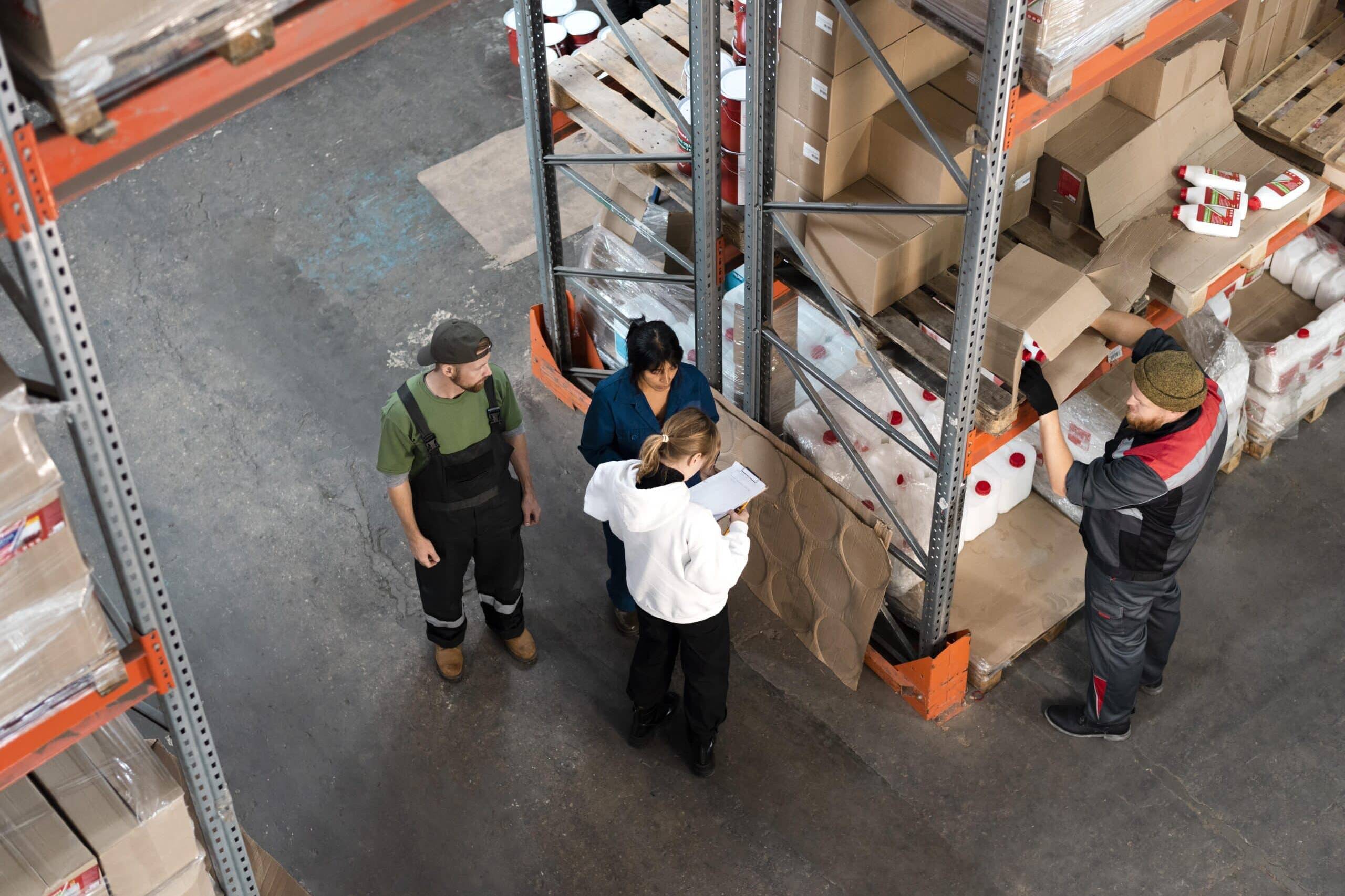In recent years, Europe has taken significant steps toward regulating the supply chain, this regulation aims to ensure that companies operating in the European Union (EU) have stricter control over their supply chains, making them responsible not only for what they produce, but also for what they buy and sell. The new European regulation for the supply chain was proposed by the European Commission in March 2020 and should come into force in 2023.
The regulation provides that companies operating in the EU will be responsible for assessing and mitigating social and environmental risks in their supply chains, including issues such as forced labor, deforestation, pollution and climate change. Companies will also be required to implement due diligence measures to identify and prevent potential violations in their supply chain.
The regulation will apply to all companies operating in the EU, regardless of their origin or sector of activity. Some countries, such as France and Germany, have already implemented similar regulations on a national level. However, the new EU regulation will have a broader scope and apply in all EU countries, which should ensure a minimum level of protection for workers and the environment in all supply chains operating in the EU.
The impacts of these regulations are not limited to Europe, as many multinational companies operating on the continent also operate in other parts of the world. As a result, these companies will also be affected by the new European regulations, which could lead to significant changes in the way they conduct business in other regions.
Firstly, it is possible that companies operating in countries where regulations are not as strict may be forced to adopt more sustainable and responsible practices in their supply chains in order to meet EU standards. This could lead to an industry-wide paradigm shift, with companies that previously did not consider sustainability a priority now being required to do so.
In addition, the new European regulations are likely to lead to the adoption of more stringent standards in other parts of the world. This could occur in a number of ways, from political and economic pressures to adopt more sustainable practices to the simple need to follow the same rules as companies operating in the EU. While the change may be gradual, it is possible that we will see a paradigm shift throughout the industry, with the adoption of more sustainable and responsible practices becoming the norm in all parts of the world.
So we see two scenarios, practically a rift in different poles of information, it is up to us to choose in which direction we will go, more than that, where we want to align the brand of our companies, the identity of our cities and our walk in humanity. By aligning technology and high quality information, we open the doors to be able to build this new reality together through Sustainable Business, with a chain of actions necessary in this regeneration. By strengthening the three ESG pillars, companies are able to take a new look at where to direct their investments, developing strategies to implement sustainable and socially responsible changes, positively impacting their entire internal and external supply network.
Some impact numbers you can already see, such as the initiative Getting to Know the SDGs, which had a historical Itinerancy in Brazil in the year 2022, as well as the Dharmic Leadership Project - Global Goals where we collaborated for the indigenous wisdom to have the necessary voice in this planetary transformation.


